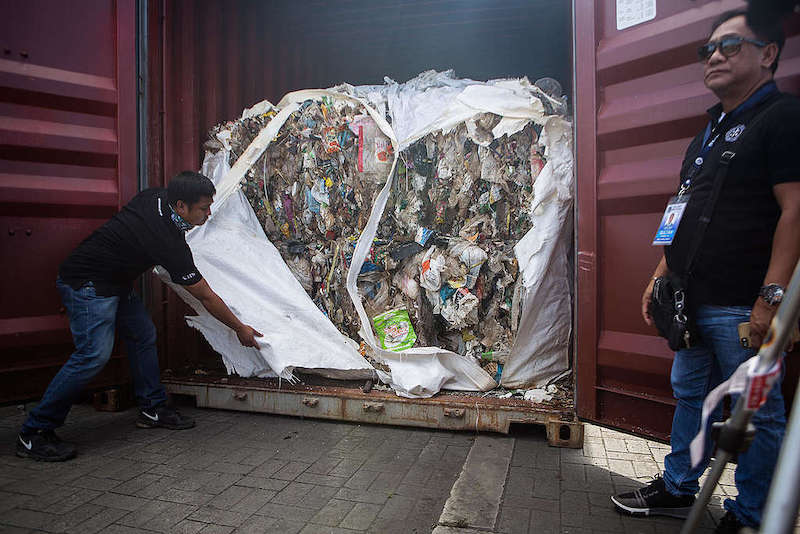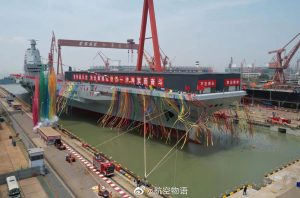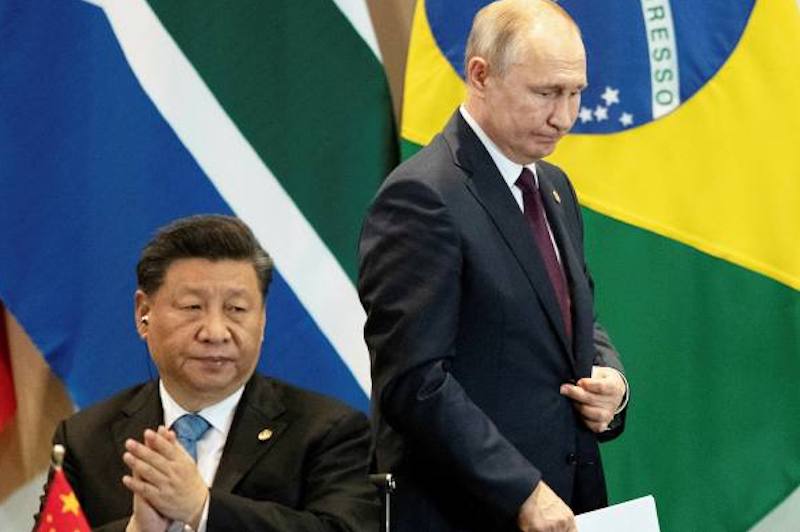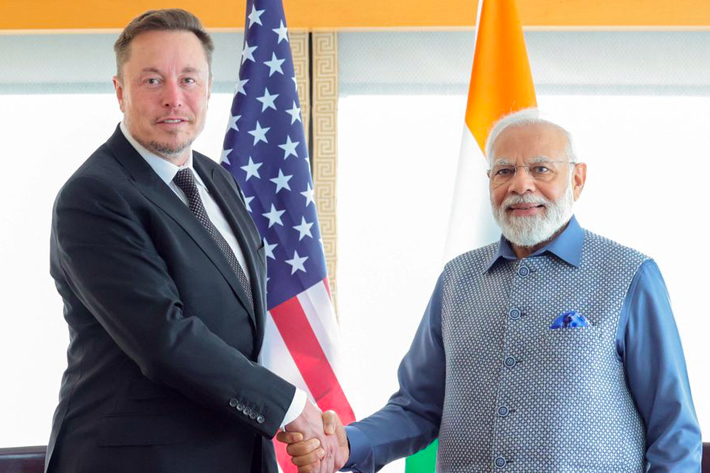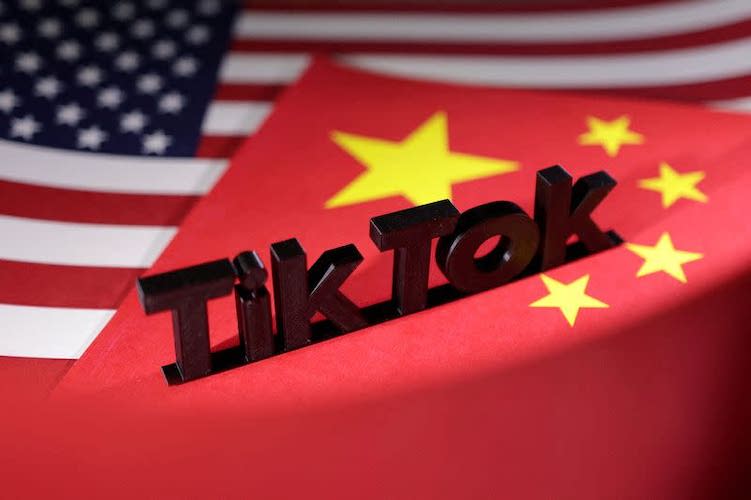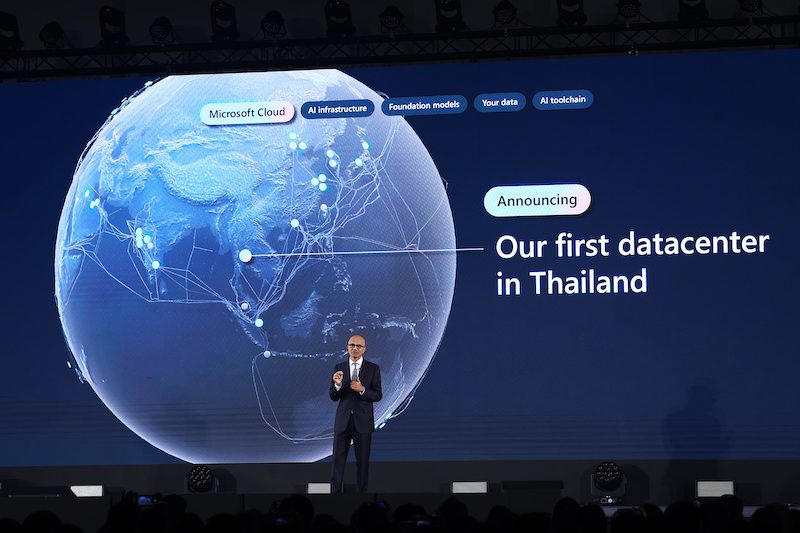New research by UN agencies focused on crime and the environment has shed light on how criminal entities exploit legal trade and regulatory loopholes to dump waste in a range of Asian nations.
Southeast Asia remains a targeted destination for illicit waste containers shipped primarily from Europe, North America and other parts of Asia, according to a report launched on Tuesday by the UN agencies focused on crime and the environment.
The ‘Turning the Tide’ report, published by the UN Office for Drugs and Crime (UNODC) and the UN Environment Programme (UNEP), has the first-ever mapping of waste trafficking from Europe to Southeast Asia.
ALSO SEE: China’s Oil Giants Rush to Adapt as Buyers Shift to EVs
It also explores the negative impact that this illegal trade has on the global circular economy. Common tactics include false declarations, a lack of or incorrect notifications to circumvent regulations and avoid controls, along with missing or inadequate licences or documents.
Links to organized crime
It notes that Southeast Asia “has a history of organized crime groups exploiting its socio-economic diversity and differences in legislative and regulatory approaches, making it a target for waste trafficking”.
And the proceeds usually “flow into the region’s network of illicit economies, feeding corruption and undermining the rule of law.”
“Waste management has become an increasingly pressing concern in which production, consumption habits, waste crime, waste trafficking, corruption, organized crime, money laundering, and the circular economy are intertwined,” Masood Karimipour, UNODC regional chief for Southeast Asia and the Pacific, said.
“The crime of waste trafficking is taking away the value that legal, well-regulated waste trade brings to sustainable economies.”
Data collected from four Southeast Asian nations, three major EU ports, and international enforcement operations highlight efforts in tackling illegal waste shipments by both origin and destination countries.
But, despite regulatory and enforcement measures implemented by countries in which illegal waste ends up — such as Indonesia, Malaysia, Thailand, and Vietnam — waste trafficking continues to be a major burden for the region.
The head of Thailand’s Pollution Control Department, Preeyaporn Suwannaked, said: “Waste trafficking is a crime that has a profound impact on the environment, bringing high profits and low risks to perpetrators.
“If we are to fight this crime, we must change this by closing regulatory gaps, increasing enforcement, and strengthening cooperation at home and abroad.”
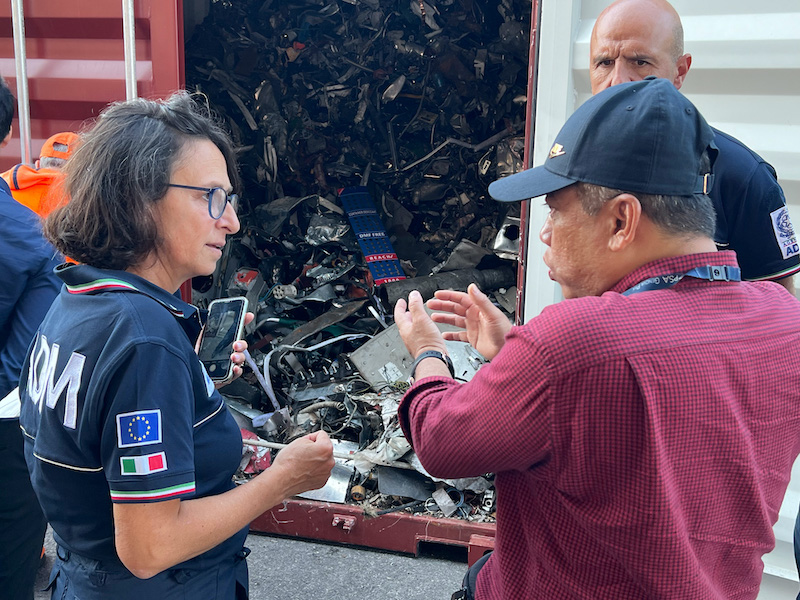
Unwaste: UN move to counter pollution
The ‘Turning the Tide’ report follows a series of publications that explore corruption, cybercrime, and legal loopholes as causes behind the problem.
It is part of a comprehensive project called Unwaste, that seeks to address waste trafficking and its impact on the global economy.
The environmental impacts of waste trafficking are contributing to a pollution crisis that UNEP officials are seeking to address via good governance and robust environmental rule of law.
Key types of waste being shipped to Southeast Asia include plastic, e-waste, metal, and paper, with mixed materials, textiles and vehicle parts. Industrial and medical waste is also frequently encountered.
After arriving at ports in the region, repatriation procedures are a major challenge as shipments often cannot be traced to their countries of origin.
Abandoned or unclaimed containers at ports exacerbate the issue, complicating enforcement and investigation efforts. As a result, most waste ends up in illegal landfills, the ocean, or burnt in the open.
Often, penalties are disproportionately low compared to the potential environmental and health damage inflicted on destination countries.
The research also shows a concerning lack of available data to assess the full scale of waste trafficking and identify the connections between criminal actors involved.
The report, which was financed by the European Union, stresses the urgent need for further regulatory reforms, enhanced international cooperation, capacity development, research, and data along with stricter enforcement measures to combat waste trafficking effectively.
- Jim Pollard
NOTE: Minor edit to 2nd par on April 4, 2024.
ALSO SEE:
China Misses 2023 Emissions Targets, ‘Climate Credibility at Risk’
China Ramping up Its Transition to Clean Energy, Grid Storage
Critical China Factory Hubs Face Greatest Climate Change Risk
China Dominates Clean Energy, as Well as EV Batteries – FP
Australia Speeds up Its Transition to Green Power – SMH
Indonesia Will Launch $2-Billion EV Fund With China’s CATL




